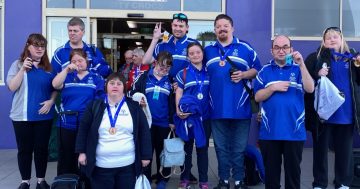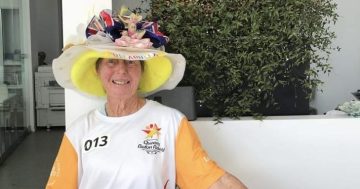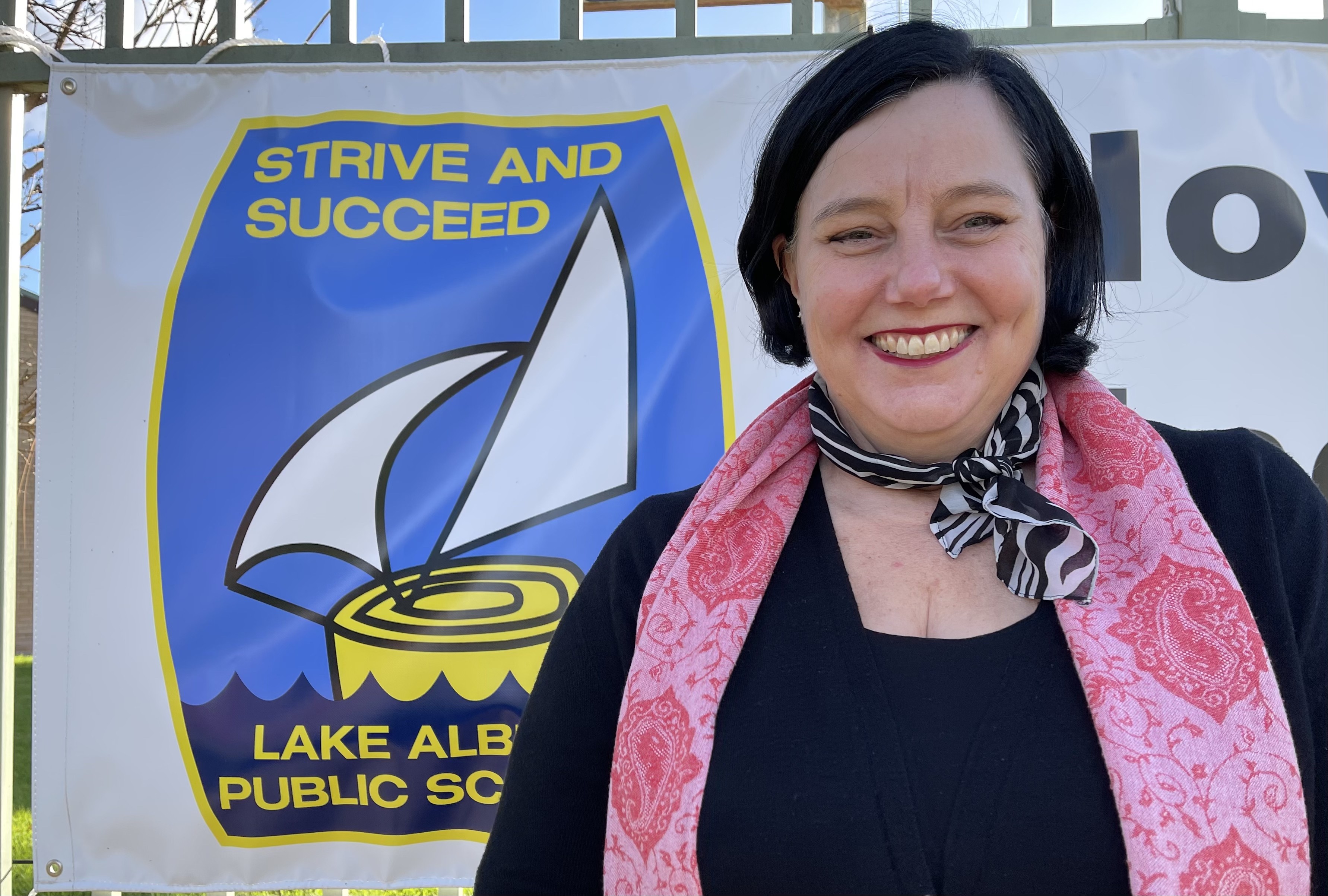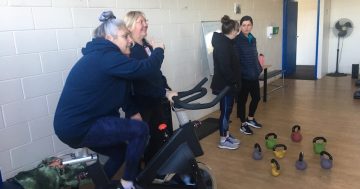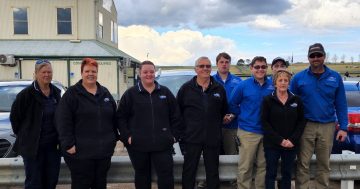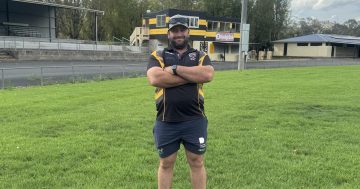
A volunteer coach at the Merimbula Grasshoppers Soccer Club on the Far South Coast of New South Wales, appears to have let off some steam as a new season running the side line looms.
What seems to be an open letter to the club’s parents from an unnamed coach is actually a form letter that has been doing the rounds of sporting clubs across the globe on social media since at least 2010.
I found articles referring to it in Ireland, Perth and Las Vegas, all pointing to real feelings around volunteering that clearly run wider than just the Grasshoppers and shouldn’t be discounted because it is a form letter.
The mystery coach writes, “I have received angry emails & texts, full of “suggestions,” about who should be playing where and how I lost that day’s game for the kids.”
In the third paragraph the author writes, “I answered the call when the club said they didn’t have enough coaches.”
He or she goes on to write, “Many nights I’m sure you’ve already had dinner and are relaxing on the couch by the time I finally kick the mud off my shoes.”
Some fruity points to consider, share and digest.
Regional industry perspective:
Bega’s Adrian Day has coached and trained representative rugby league teams and is an accredited strength and conditioning coach, he says the role of a coach can be a lonely one, juggling the competing interests of players, parents and officials.
“However the joy and rewards far outweigh any hardship,” he says.
Mr Day is concerned that the letter might actually backfire and do little to increase volunteer numbers and improve communication.
“This (the letter) will do more to alienate the coach from parents,” he says.
“We don’t know the full story. Parents could be dropping off children to get to their second job, to get enough money for their children to play sport”.
“Every club needs to create an environment where concerns and questions are brought to an official and discussed respectfully, in a grown up way,” Mr Day says.
“Doing it behind someone’s back undermines the club and the benefits people get from being involved and in the end stops people from volunteering,”
“We all need to remember we are there for the players,” he says.
Stuart Wood is a Cooma based sports business consultant and the south east NSW coordinator of the Good Sports Program.
He says the letter has been striking a cord with community and sporting clubs over the last few months, as volunteer roles become increasingly hard to fill and pressure increases on those that do step up.
“More and more as sport reflects community standards, clubs are being asked to replicate professional standards,” Mr Wood says.
“This can be a challenge for volunteers and club supporters and parents.”
Mr Wood says there is now a formal expectation and requirement from governing bodies that clubs represent the values of inclusiveness, sportsmanship and fair play.
It’s no longer good enough to simply say you believe in those values.
Increasingly Mr Wood says volunteers across a range of interests and groups need to undergo training and accreditation to meet these legal and social expectations.
“The burden of running clubs is now a challenge to time-poor individuals,” he says.
But he is quick to add that in his experience the most successful clubs both on and off the field are the ones with the greatest community spirit and support for volunteerism.
“Clubs that support, recognise and reward their volunteers are often the clubs with the greatest success,” he says.
It’s not about keeping up with the Jones:
Ann Nicholson from Eurobodalla Shire Council has spent over 30 years coordinating volunteers and says the letter puts into words what lots of people think when volunteering.
She points to a culture that needs to be built within groups and clubs that short circuits or redirects such outbursts.
Like Mr Wood, Ms Nicholson believes recognition is key.
“It’s about always acknowledging that your organisation runs successfully because of the role volunteers play,”
“Acknowledging people…its about running a little social event…getting articles or photos in local newspaper or on radio, “ she says.
Ms Nicholson believes people in those bigger volunteering roles also need to be empowered to ask for help.
In the letter, coach talks about clearing the pitch and putting away equipment.
“I think it’s about clubs making sure that their parents and their members understand that there are all sorts of volunteering roles,” Ms Nicholson says
“There’s lots of little jobs and if everyone does a little job than those that have the time to do a bit more don’t get stuck doing absolutely everything.”
Overwhelming Ms Nicholson believes the spirit in which you enter into volunteering determines the outcomes for you and the organisation.
“First and foremost you would hope that people are there because they want to be there, so it’s not about keeping up with the Jones,” she says.
“People do or don’t volunteer for all sorts of different reasons,”
“There’s all sorts of different volunteering things that people do, because they’re not out there and being seen and running around on an oval, that doesn’t mean they’re not doing something,” Ms Nicholson says.
“Fundamentally you have to be there because you want to be there, regardless of what other people do.”
Facts and figures:
In 2010 Volunteers Australia found that 41% of adults in regional areas (34% in city areas) took part in formal volunteering.
A Canadian study exploring barriers to volunteers found that 45% of people simply weren’t asked.
The value of volunteering to the Australian economy is estimated to be $25.4 billion.
95% of volunteers say that volunteering is related to their feeling of well being.
Volunteers Australia found that the number of volunteers almost doubled from 3.2 million in 1995 to 6.1 million in 2010. However, the median number of hours per volunteer has reduced by almost a quarter from 74 hours per year in 1995 to 56 hours per year in 2010.
Opportunity and resources:
National Volunteering Week is coming up May 9 to 15, the theme is “Give Happy, Live Happy“ loads of time between now and then to organise something.
Sports business consultant Stuart Wood also suggests:
Play by the Rules through the Australian Sports Commission and the Good Sports Program backed by the Australian Drug Foundation.
Mr Wood’s advice is to get in touch with your national and state sporting bodies who he says do a terrific job in club education and support for volunteer and offer resources and programs to build a healthy club culture.
“Clubs can also tap into the Federal Governments Department of Social Services Volunteer Grants which are a great way of supporting funding for volunteer programs and initiatives,” he says.


